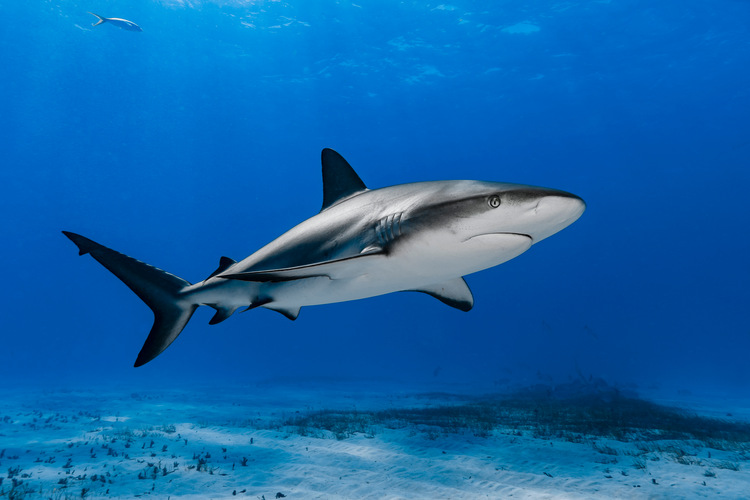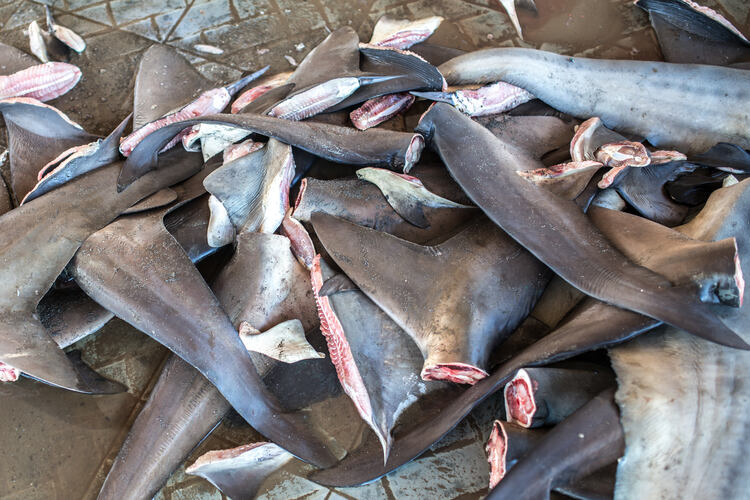
Study unveils secret of low cancer rates in sharks, but shark evolution means difficulties adapting to changes in the ocean environment
By
Sharks suffer from a very low incidence of cancer, but a new study warns that this also means that sharks might not be able to adapt to changes in the ocean environment.
Sharks are top ocean predators and this means that they play a vital role in the ecological health of our oceans. But, sharks are also in trouble thanks, primarily to overfishing for shark fin soup, which is considered a delicacy as well as a status symbol among some Chinese and South-East Asian communities.
In addition, shark cartilage is also said – with no scientific evidence to back up the claim – to be able to treat some cancers in humans and reduce tumour growth, and this had the unfortunate consequences of putting further pressure on shark populations and diverting patients away from more effective cancer treatments.
However, while shark cartilage is not able to cure cancer, it is true that sharks have the lowest cancer rates among all vertebrates. For years, scientists were never sure why this was the case, but now, a new study led by researchers from the Monash University in Australia, alongside researchers from Germany, Sweden and the United States, has discovered that the reason for this is because sharks have the lowest level of mutation between generations of any vertebrates.

But while this low level of cancer is good news for sharks, the low level of genetic mutation between generations is less good.
In all species, mutations are critical as they generate genetic variability within populations, facilitating the ability to adapt to new conditions and enabling evolutionary change. With sharks evolving very slowly, this puts them at risk of being unable to withstand growing ecological pressures as they won’t be able to adapt quickly enough to changes in their environment.
Joint first author of the study, Dr Frank Tulenko, an ARMI research fellow, said mutations were fundamental to evolution because they generated variability within populations, enabling evolutionary change. ‘The mutation rate is a crucial parameter for many calculations and predictive modelling in the fields of ecology and evolution, genetics and genomics,’ Dr Tulenko said. ‘The rate of mutation provides an indication of a species’ ability to generate diversity, with a low rate of intergenerational mutations indicative of a reduced ability to respond to a sudden drop in population numbers.’
ARMI Director of Research and co-senior author, Professor Peter Currie said the extremely low mutation rates could hamper efforts to restore shark populations and genetic diversity. ‘We know that sharks are particularly sensitive to unsustainable fishing practices and rapid changes in habitats,’ Professor Currie said. ‘As sharks play fundamental roles in a diverse range of marine ecosystems, it is critical that we support conservation efforts to preserve the genetic variation within shark populations and to protect shark species more broadly.’




